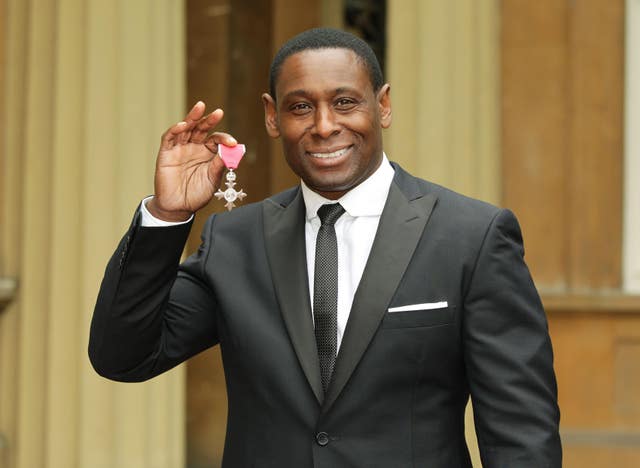David Harewood has said that if Charles Dickens were alive today he “would have been writing about the Tory Government” and “how they dismantled the welfare state”.
The Homeland star, who celebrated his 58th birthday on Friday, spent weeks in autumn travelling through Italy for new documentary series Dickens In Italy, exploring the 19th century writer’s formative time spent in the country between 1844 and 1845.
Speaking to The Times, the actor admitted that he “knew nothing about him (Dickens)” when he was asked to do the project and had at first said no.

Discussing what it was like to go and see the Colosseum in Rome for the series, Harewood said that he reconsidered what it stood for after seeing Dickens had written that it had been the scene of huge suffering in his travelogue, Pictures from Italy.
Harewood said: “Tourists are getting their picture taken and you’re thinking: ‘F*** me — that was a murder house.’”
Speaking about what he imagines it would have been like during Dickens’ time, Harewood said: “People were so poor, they were, like: ‘Can I just get through to the end of the day?’ and weren’t concerned about politics.”
He added: “In a sense it’s what’s gripping America now.”
Harewood compared the famous author to James Graham, the screenwriter and playwright who wrote Best Of Enemies, which the actor starred in when it was staged at the Young Vic in 2021.

He said: “James writes real characters, real situations and manages to make gripping drama out of some of the most fractured communities that exist — and I think Dickens would have been doing that…
“He would have been writing about the Tory Government, how they dismantled the welfare state.”
Harewood has starred in a number of UK documentaries exploring the issues facing Britain’s black community and he also fronted David Harewood: Psychosis And Me, where he spoke about what it was like to be sectioned in his twenties.
This year the stage and film actor delivered the Richard Dimbleby lecture on the 75th anniversary of the arrival of the Empire Windrush, one of the first ships that carried Caribbean passengers to the UK.
The Government has been approached for comment.
